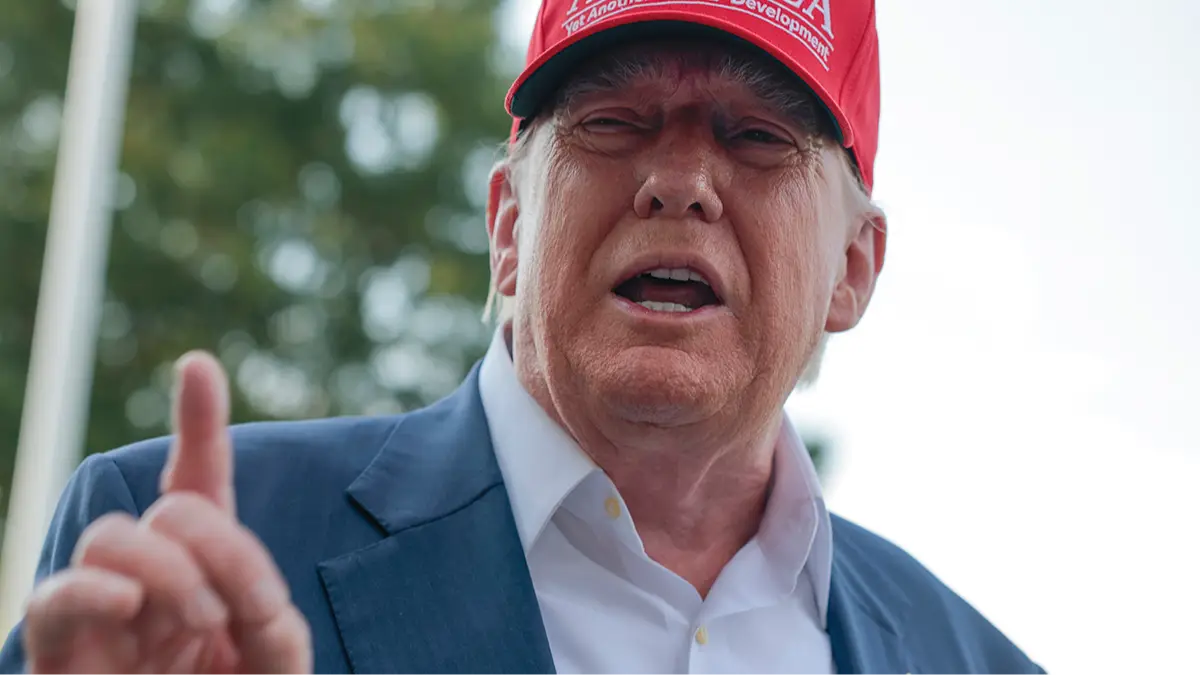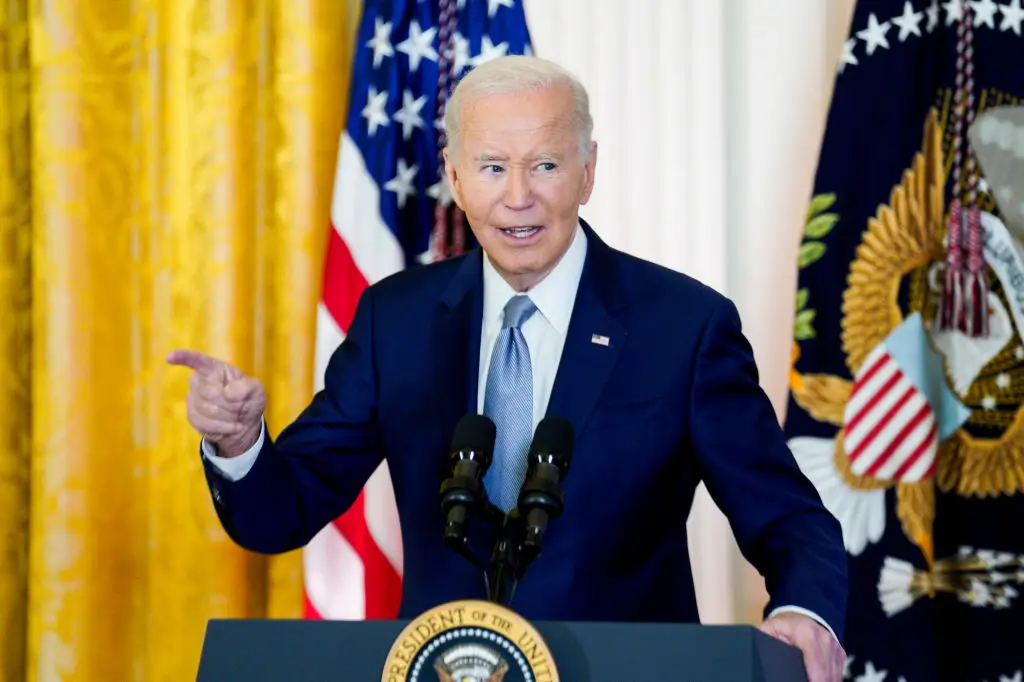
Topics: Donald Trump, Mental Health, Psychology, US News, Politics

Topics: Donald Trump, Mental Health, Psychology, US News, Politics
The impact of Donald Trump's last presidential election win has been examined in a new study.
Researchers have determined the US presidential election last year, which ultimately saw Donald Trump return to the White House for the second time, adversely affected many young Americans.
The study set out to determine how different aspects of election-related stress played a part in the mental health of young adults in the US as presidential elections are some of the most high-profile events in American life and recently have apparently become rather stressful.
Previous research has found a correlation between a rise in stress during election seasons, but this study aimed to highlight how election stress might relate to clinical symptoms of depression or anxiety.
Advert

The researchers tracked 778 participants from the early stages of the COVID-19 pandemic into early 2025 and published their results in Psychiatry Research.
The research found that the 2024 presidential race was particularly troublesome, with younger generations feeling emotionally drained, not merely by the outcome but the lengthy campaign, constant stream of news and anticipation of the result.
The race came at a time of ramped-up political turmoil, and concerns about US democracy, fears of election-related attacks or violence and widening divisions in public opinion.
While many US citizens reported feeling anxious or overwhelmed during the period, for young adults still developing, and whom are more likely to struggle financially, the stress can be harder to manage, the research found.

Using a sample of people with a range of factors, like participants' political views, education and employment level, race, gender identity and sexual orientation, as well as any prior mental health history, the researchers examined three categories: stress in the run-up to the election, distress caused by the election outcome, and stress caused from news coverage.
Their results found stress from election-related news was linked with a higher chance of depression and anxiety, with youngsters who felt most distressed at the time of the election more likely to score above the threshold for moderate depression and anxiety.
The anticipation phase - the months and weeks just before voters took to the ballot - was also linked to increased depression but interestingly, not anxiety.
To add to the surprise, stress related to the verdict of the election also did not predict symptoms of depression or anxiety, which the researchers pose might have been because participants were already anticipating the result and might have become disengaged from it.

Some groups were also more vulnerable to suffer mental health outcomes than others, like those who identified as part of a gender or sexual minority, as well as those who had higher financial stress also have a strong likelihood of depression and anxiety.
Many of the key issues covered in the news, like access to reproductive healthcare and transgender rights, were more likely to resonate with these groups who reported feeling personally threatened by the rhetoric.
The research goes on to suggest stress from constant exposure to news, especially on social media where younger groups are more likely to digest news, can play a role in influencing the emotional responses of young people and their approach to elections.
Even people who try to avoid politics may struggle to block it out with the constant exposure hiking the risk of feelings of helplessness, fear or hopelessness.
The overall result suggested that the stress prior to voting, coupled with the constant, often inescapable stream of news, contributed to more harmful psychological impacts than the result itself and poses mental health professionals need to address the emotional toll and potential vulnerabilities in election periods.